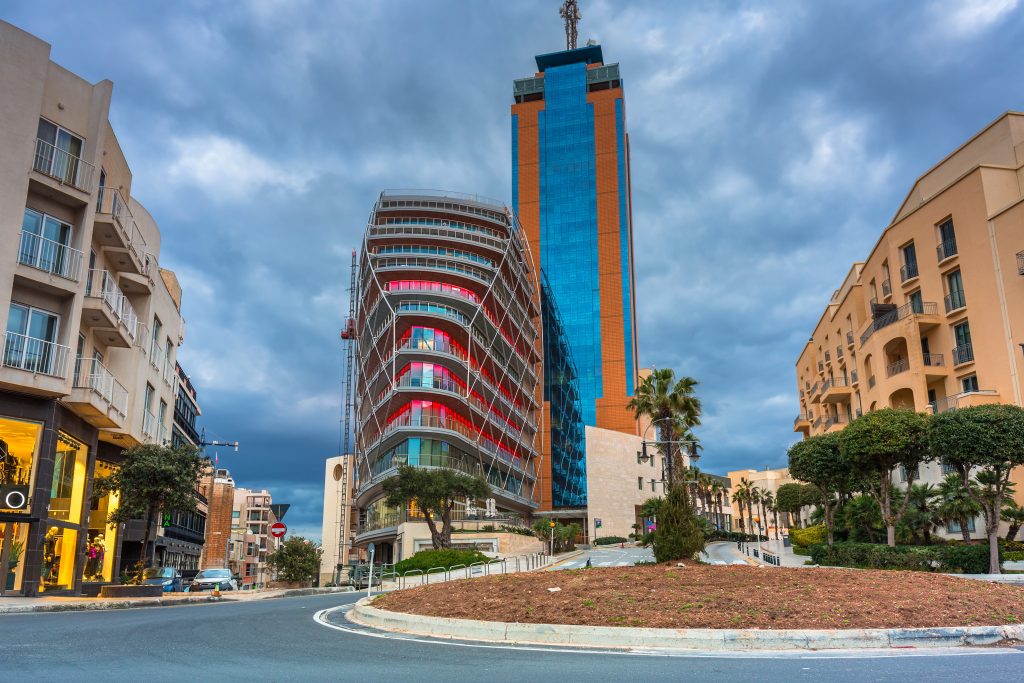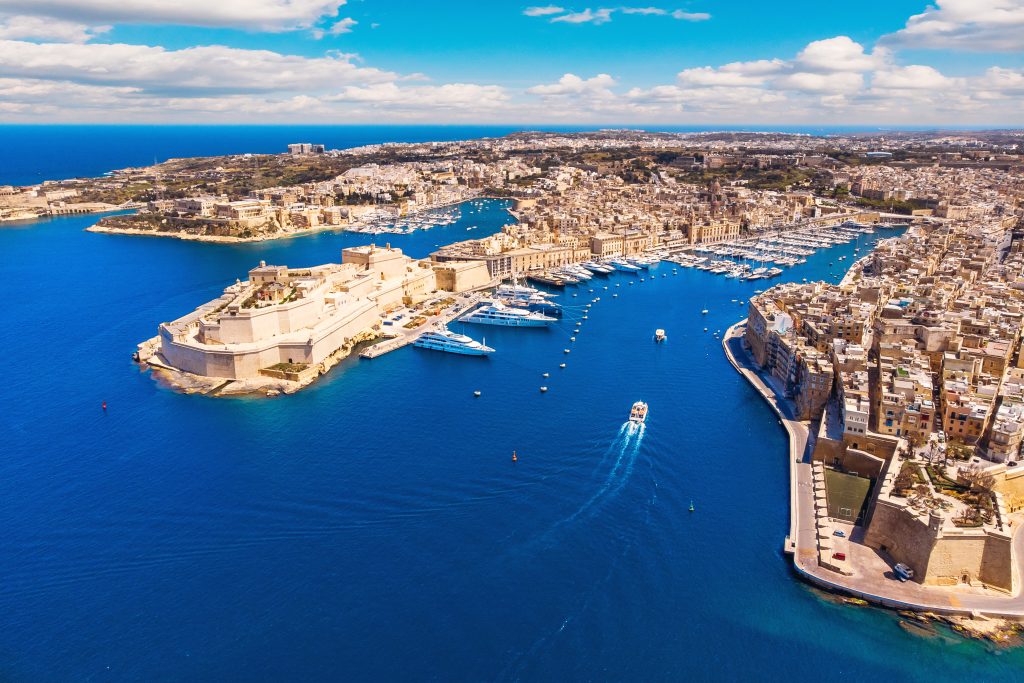Malta presents several advantages to companies wishing to set up captives, direct underwriters and PCCs. First of all, though following EU Solvency Directives, Malta is the only European Union jurisdiction which permits the establishment of PCC and ICC structures. Furthermore, Malta’s ‘Continuation of Companies’legislation allows companies to re-domicile to and from Malta at the least possible cost.

The islands boast an extensive network of double taxation agreements – no less than 65 – with most EU countries, Australia, India and the US. Significantly, Malta features on the ‘White list’ in the OECD Global Forum tax list. Malta has also reached an agreement with the European Union, under State Aid Rules and the Code of Conduct Group for Business Taxation, for an imputation system of taxation. Companies pay tax at the rate of 35% and upon declaration of a dividend, shareholders are entitled to claim a maximum refund of 6/7ths of the tax paid. The net effect is a potential net tax rate in Malta of 5%.
Thanks to a robust legislative framework and a strong level of credibility achieved by the regulator, the Malta Financial Services Authority (MFSA), the Maltese islands are considered as a particularly reputable jurisdiction, offering security and opportunity for those seeking to enter the insurance industry. Malta’s stability as a financial services jurisdiction has been publicly praised by international entities such as the IMF and the World Economic Forum. Moreover, the MFSA is widely acknowledged as being approachable and business-minded, although prior to the granting of a license, a strict evaluation of both the Company and its key individuals takes place. The Insurance Unit at the MFSA also adopts a firm but flexible approach that is generally aimed at establishing acceptable requisites that are tailored to meet applicants’ specific business requirements. Being the single regulator, the MFSA offers a ‘one-stop shop’ facility, incorporating the services of the International Tax Unit and the Company Registry.
Malta also offers a highly efficient fiscal regime with a full imputation tax system that completely eliminates the economic double taxation of company profits of up to six-sevenths of the tax borne on dividends. Company shareholders who receive dividends are entitled to a tax refund. Moreover, the passporting rights which came with Malta’s accession to the European Union have also attracted not only EU-domiciled service providers who were seeking a low-cost jurisdiction, but also a number of non-EU providers who wanted to move into the EU financial services regime. Malta’s membership of the European Union will offer your insurance company the option to passport its licence throughout the EU and EEA states by following a simple notification procedure to the MFSA.
As a jurisdiction, Malta offers the right conditions to set up shop, including the availability of a very well-educated and competitive multi-lingual professional workforce, a relatively cost-competitive environment with high quality office space for rent, as well as legal and accounting fees that are generally somewhat lower than those prevailing in other financial centres. All these factors explain why Malta is making an international name for itself as an insurance domicile. As a matter of fact, 2014 data reveal that by September, the MFSA had licensed 41 insurance companies – seven of which affiliated – and four reinsurance companies, primarily for risks situated outside of Malta. This, in addition to 11 Insurers PCCs, 3 Affiliated Reinsurers PCC and 5 Intermediaries PCCs already incorporated and operating a number of cells between them.

Malta’s Insurance Industry
Since it joined the European Union in 2004, Malta’s reputation as a financial services centre has been growing steadily. Although the development of a single European market in financial services and the adoption of the Euro in 2008 contributed to this boost, Malta’s focus on the processes of financial innovation, regulatory development and organisational improvements in its financial system were the principal determinants of success.
Malta’s insurance industry in particular has seen considerable growth over the past decade. From a handful of domestic insurance companies, it has grown into one with an international perspective, with many companies operating across EU Member States and beyond.
Today, Malta’s insurance industry comprises captive and commercial insurance companies carrying out both general and long-term business. It includes subsidiaries of major international insurance and reinsurance groups, as well as insurers and protected cell companies. This has been accompanied by a rise in the number of insurance intermediaries, including insurance managers such as Bee, and other service providers, which are supporting the expansion of the sector. Simultaneously, Malta has witnessed growth in the number of law and accountancy firms, together with those providing other professional services, who specialise in insurance. Meanwhile, banks and investment intermediaries have also been gearing up the range and scope of their services to the insurance industry.
Regulation of Malta’s Insurance Industry
Malta’s insurance industry is primarily regulated by the Insurance Business Act, 1998, and the Insurance Intermediaries Act, 2006, subsequently supplemented by subsidiary rules and regulations. All insurance legislation is based on EU Insurance Directives. Malta has also enacted Protected Cell Company (PCC) Legislation and Incorporated Cell Company (ICC) Legislation. The local regulator and supervisory authority for the insurance industry is the Malta Financial Services Authority (MFSA).

Minimum capital requirements
Maltese insurance legislation establishes minimum capital requirements which are subject to company specific solvency considerations, namely the level of business written and the overall claims experience of the company. Such considerations could dictate a higher capital requirement. Other capital requirements also apply for combined insurance and reinsurance undertakings.
Minimum Capital Requirements (as at June 2021):
- General Insurance (captive and non-captive): €2.5m, but €3.7m in respect of Liability, Credit & Suretyship classes.
- Life insurance (captive and non-captive): €3.7m
- Pure reinsurance (captive): €1.2m
- Pure reinsurance (non-captive): €3.6m
Solvency requirements
Solvency requirements are currently in accordance with the EU’s Solvency I Directive. However, Malta will be adopting the Solvency II regime in line with the EU Solvency II Directive. Insurance companies are required to maintain adequate technical provisions covered at all times by equivalent admissible assets.
Taxation
Insurance companies are subject to the normal corporate tax rate of 35% on taxable profits. There are, however, various fiscal incentives which provide tax refunds to shareholders on tax paid by the Malta-based company. On the declaration of a dividend, the shareholder is entitled to a maximum refund of 6/7ths of the tax paid by the company on the profits distributed.
Example
Company
Company taxable profit allocated to the Maltese Taxed Account
€1,000,000
Malta Corporate Tax at 35%
(€350,000)
Shareholder
Dividend distribution
€650,000
Shareholder refund entitlement (6/7ths)
€300,000
Effective Malta tax paid
50,000
Effective Malta tax paid as a % of taxable profit distributed
5%
